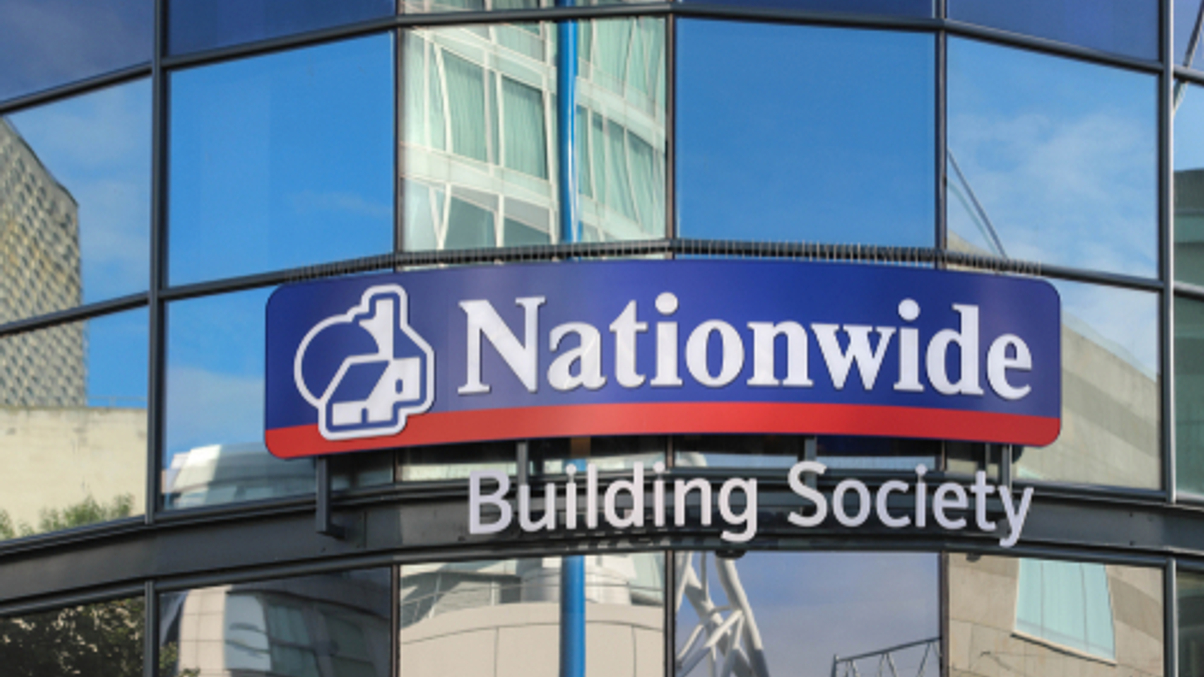How Nationwide Pension invests in Asian alternatives
The UK retirement fund's CIO explains how it invests in illiquid assets in Asia and why he is particularly selective on private equity in the region.

British building society Nationwide’s pension fund has been investing into Asian illiquid assets since 2012, but chief investment officer Mark Hedges remains wary of the governance challenges posed by private equity markets in the region.
Sign in to read on!
Registered users get 2 free articles in 30 days.
Subscribers have full unlimited access to AsianInvestor
Not signed up? New users get 2 free articles per month, plus a 7-day unlimited free trial.
¬ Haymarket Media Limited. All rights reserved.


